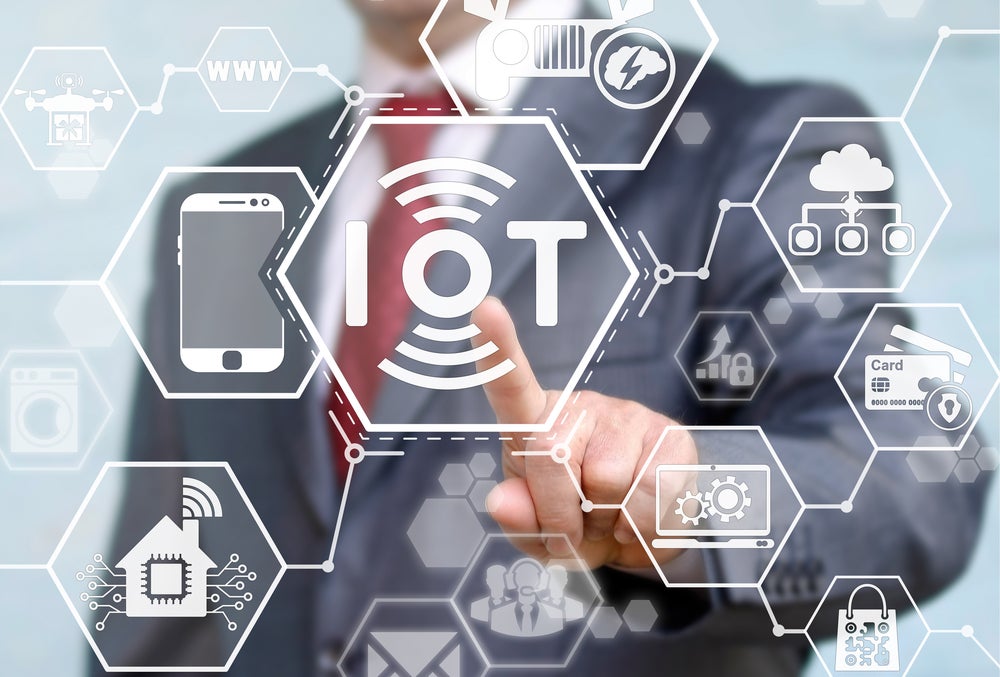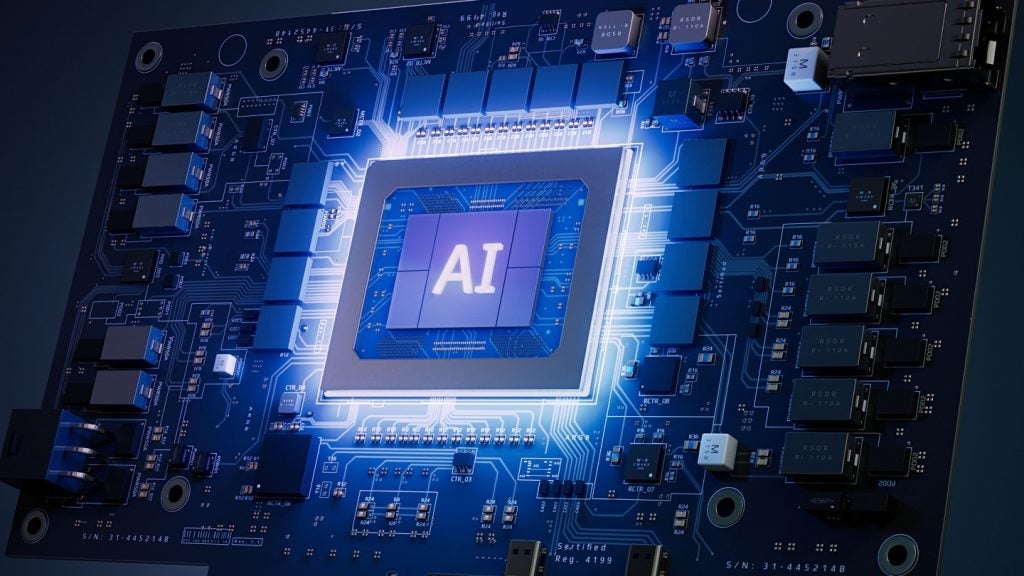The agricultural sector is highly dependent on the climate and is adversely affected by climate change. According to a study by the Applied School of Economics at Cornell University, global warming has caused a 21% fall in global farming productivity since the 1960s. Extreme weather events, especially floods and droughts, can be especially damaging to the agricultural sector. According to the European Drought Observatory, 57% of Europe was in warning or alert conditions. This adversely affected the agriculture trade with yields of key crops down: such as grain maize (-8.6%), sunflowers (-5.5%), and soybeans (-9.6%) according to AXA insurance.
Precision agriculture is going to be instrumental in the industry’s green revolution
Precision agriculture is a farm management concept in which agrochemicals and water are applied in a prescriptive manner to minimise waste and associated pollution. This system means that farms can enhance efficiency and profitability while also importantly reducing the sector’s vulnerability to climate change, especially considering droughts, extreme weather events, and climate-related pests and diseases.
This method of precision agriculture is carried out by measuring inter and intra-field crop variability and collecting soil, weather, and crop data. Once analysed, this data will inform decision-making to boost productivity while reducing input costs. Implementing these precision technologies can play a role in understanding local soil types, improving soil quality, and making realistic crop choices, among many benefits.
IoT can save farms from the dangers of over-irrigation
IoT can also have very influential effects in reducing the dangers of climate change. Irrigation is one of the more unsustainable agriculture practices as it causes increased erosion, including pollution of surface water and groundwater from agricultural biocides and deterioration of the water quality. Overwatering the fields risks run-off and ultimately damages the soil health and ecosystems. However, IoT farms can use variable-rate irrigation (VRI), which utilises data and feedback sensors to apply irrigation more precisely (via drip, trickle, or micro-spraying), utilising lower pumping power, and achieving water and energy savings. According to the FAO, proper irrigation systems can save around 8%–20% of water by using VRI technology.
To effectively use this management concept and address the identified challenges, a vast amount of agricultural data must be collected and analysed using AI. Some agricultural companies, such as Syngenta and John Deere, have effectively used IoT-driven precision agriculture to spray agrochemicals selectively. These insights can help further improve farm planning to reduce its environmental impact.
How well do you really know your competitors?
Access the most comprehensive Company Profiles on the market, powered by GlobalData. Save hours of research. Gain competitive edge.

Thank you!
Your download email will arrive shortly
Not ready to buy yet? Download a free sample
We are confident about the unique quality of our Company Profiles. However, we want you to make the most beneficial decision for your business, so we offer a free sample that you can download by submitting the below form
By GlobalData







Related Company Profiles
Syngenta AG